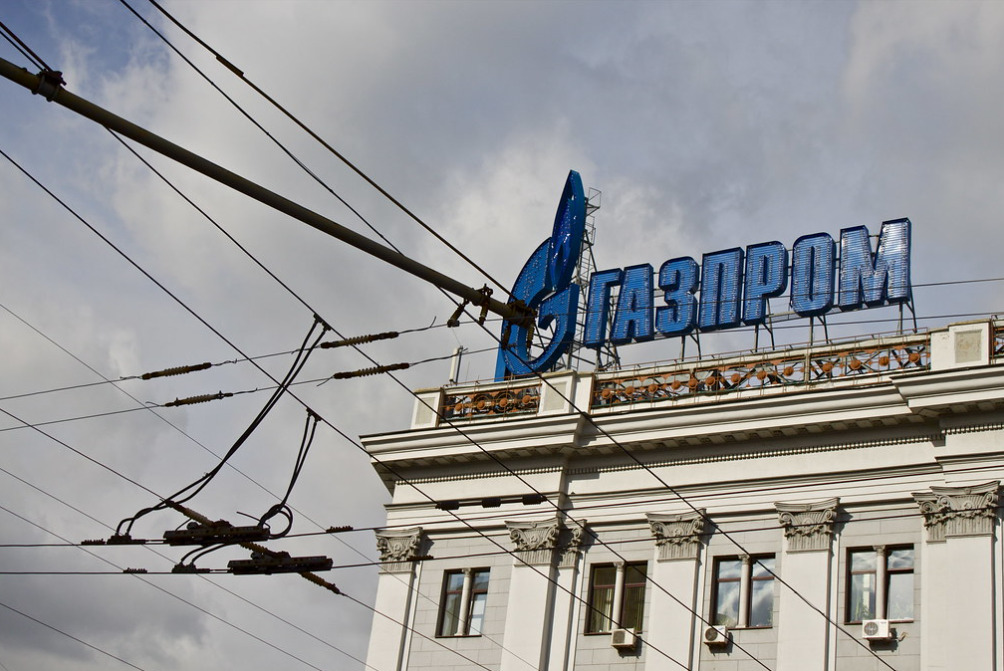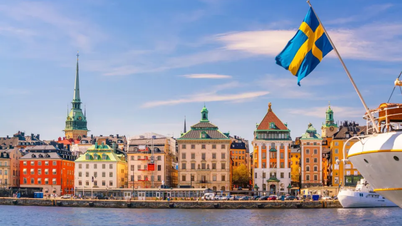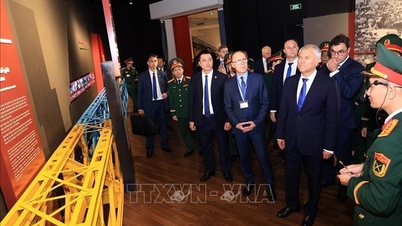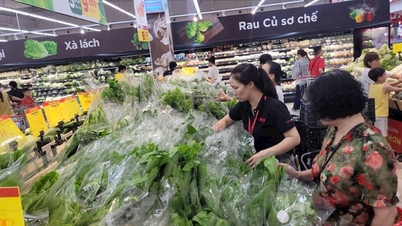(CLO) Russia's suspension of gas shipments to Europe via Ukraine on January 1 marked the end of a decades-long agreement.
Gazprom, Russia's state-owned gas company, announced it would stop gas supplies to Ukraine at 8:00 a.m. Moscow time after a transit agreement expired and was not renewed. Ukraine said the decision not to renew the agreement was in the "interests of national security," adding that it had prepared its infrastructure before the agreement ended.
The deal once guaranteed the transport of 40 billion cubic meters of gas annually and brought in billions of dollars for both sides. However, long-standing tensions between Russia and Ukraine, especially since Moscow’s annexation of Crimea in 2014, have worsened relations.
In addition, the conflict that broke out from 2022 caused the European Union (EU) to accelerate its reduction of dependence on Russian energy, switching to importing liquefied natural gas (LNG) from Qatar, the US and supplies from Norway.

Photo: Flickr
Slovakia and Austria, which used to receive gas via Ukraine, have switched to other routes. Slovakia has incurred an additional 177 million euros in transit costs, while Austria has secured supplies via Germany and Italy.
The EU has also expanded its LNG import infrastructure, making the halt in transit through Ukraine unlikely to cause major changes in gas prices, with the European benchmark price rising only slightly to 48.50 euros/MWh on January 1.
Currently, the TurkStream route through the Black Sea is the only Russian gas transport route still operating, serving Türkiye and some Central European countries such as Hungary and Serbia.
In 2018, Russia shipped a record 201 billion cubic meters of gas to Europe via other routes such as Nord Stream and Yamal-Europe, now shut down. That figure will drop sharply to 15 billion cubic meters in 2023.
Hoai Phuong (according to TASS, Reuters, CNN)
Source: https://www.congluan.vn/nga-ngung-cung-cap-khi-dot-cho-chau-au-qua-ukraine-post328538.html





![[Photo] Prime Minister Pham Minh Chinh launched a peak emulation campaign to achieve achievements in celebration of the 14th National Party Congress](https://vphoto.vietnam.vn/thumb/1200x675/vietnam/resource/IMAGE/2025/10/5/8869ec5cdbc740f58fbf2ae73f065076)
































![[Photo] Bustling Mid-Autumn Festival at the Museum of Ethnology](https://vphoto.vietnam.vn/thumb/1200x675/vietnam/resource/IMAGE/2025/10/4/da8d5927734d4ca58e3eced14bc435a3)





















![[VIDEO] Summary of Petrovietnam's 50th Anniversary Ceremony](https://vphoto.vietnam.vn/thumb/402x226/vietnam/resource/IMAGE/2025/10/4/abe133bdb8114793a16d4fe3e5bd0f12)

![[VIDEO] GENERAL SECRETARY TO LAM AWARDS PETROVIETNAM 8 GOLDEN WORDS: "PIONEER - EXCELLENT - SUSTAINABLE - GLOBAL"](https://vphoto.vietnam.vn/thumb/402x226/vietnam/resource/IMAGE/2025/7/23/c2fdb48863e846cfa9fb8e6ea9cf44e7)



































Comment (0)